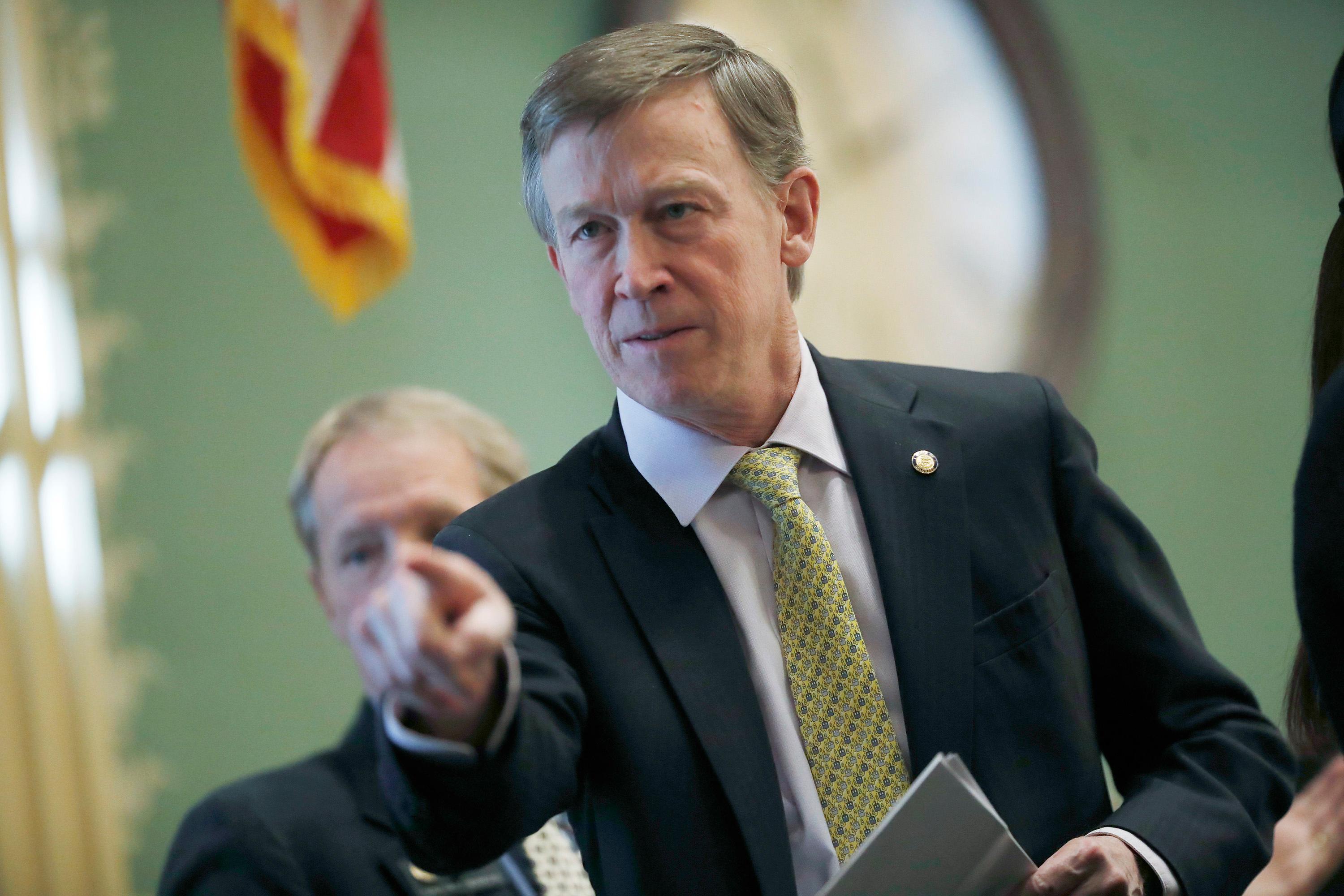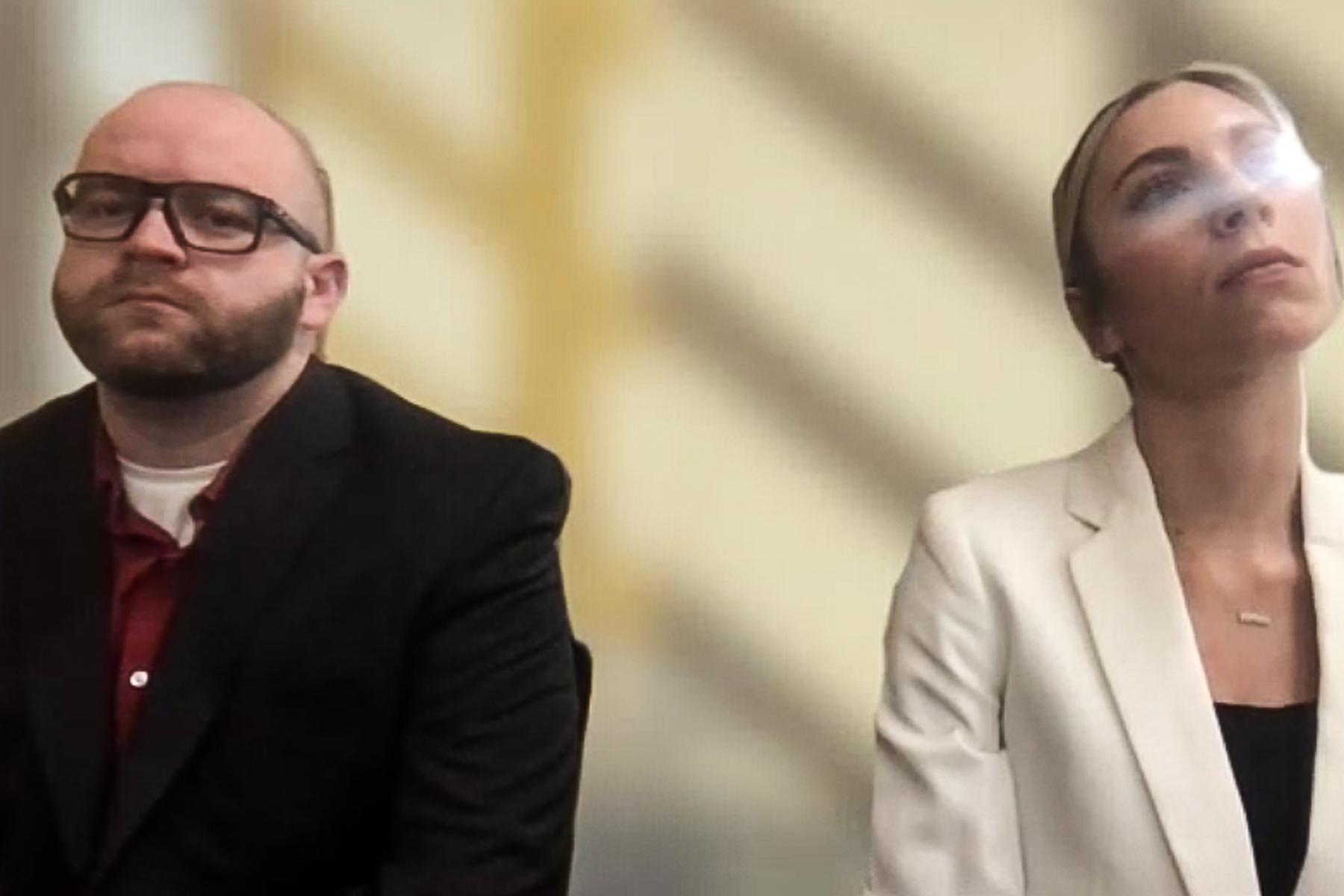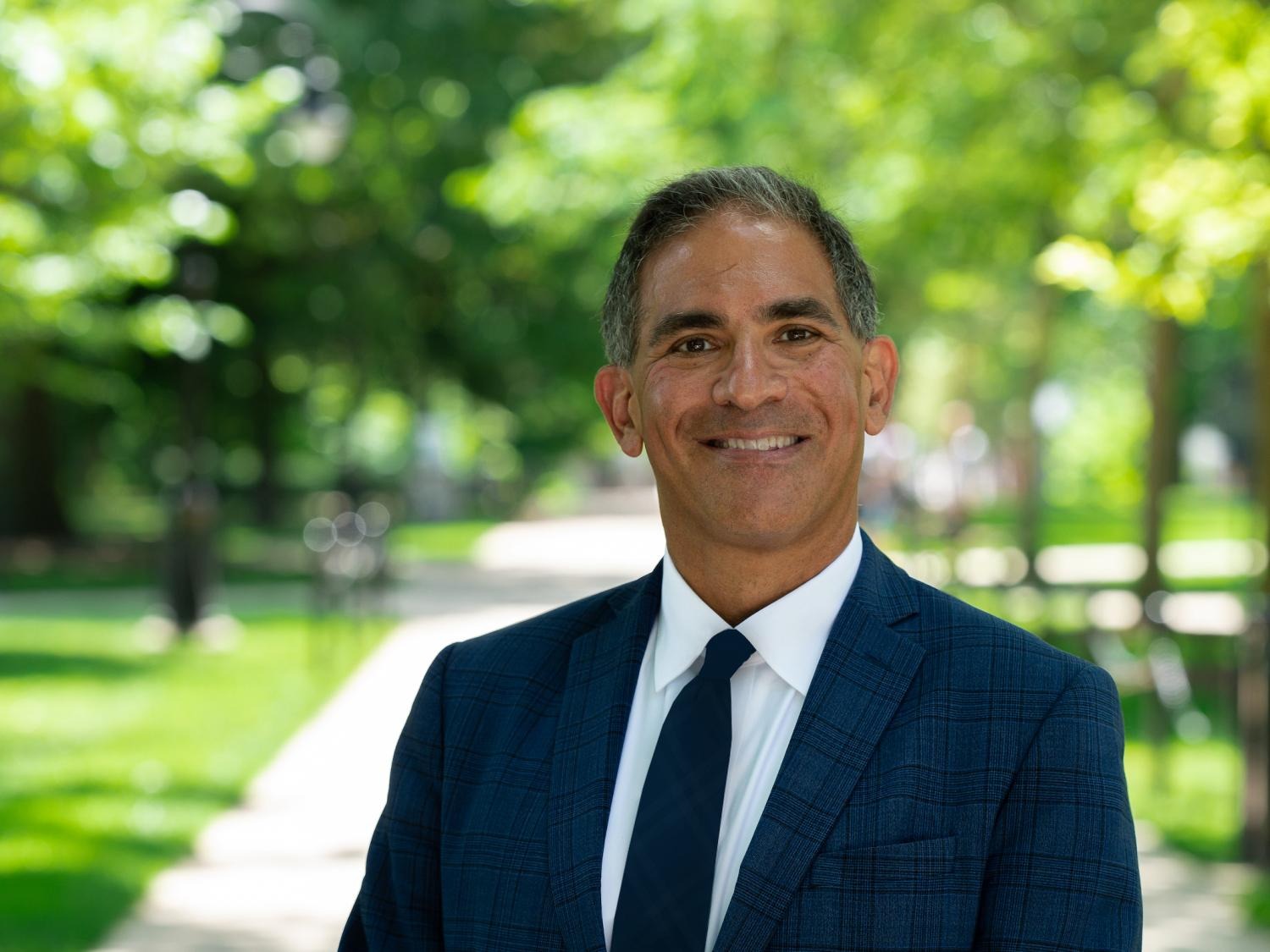

Gov. John Hickenlooper announced vetoes of three bills June 1 afternoon.
Senate Bill 223 would have sealed autopsy reports of children's deaths. County coroners clashed with journalists and other public records advocates over the measure. Supporters cited family privacy, while opponents countered that sealing the records could prevent full disclosure of child abuse by families or government agencies.
In an interview explaining his veto, Hickenlooper told the Associated Press that keeping child autopsy records open to the public could help prevent such tragedies from happening again.
"It's lasting grief for families, for communities, and certainly, our heart goes out to any family who's gone through this," said Hickenlooper, a Democrat. "But that's part of the reason why you want to do everything you can to ensure that it happens as rarely as possible."
"...When you look at the record — transparency and dialogue after a tragedy often brings about change. It can lead to better public policies. It can lead to more successful government protections. It can lead to more public and private resources on certain issues."
Supporters also argued the bill would help deter copycat youth suicides. But at public hearings they provided no proof that teens had been inspired by autopsy records. Hickenlooper on Friday argued there was no evidence to support the claim.
"We talked to a number of experts and the feeling was that there is a copycat nature in a number of teen suicides, but that it's almost always driven by their social media account, by what they hear at school from other friends," he said.
Senate bills 1181 and 171 would have allowed out-of-state landowners to vote in Colorado elections and lowered taxes on non-cigarette tobacco products to out-of-state customers, respectively.
Hickenlooper called the non-Coloradan voting measure "poor public policy" in his veto letter for the bill. He wrote that the tobacco tax bill would have "negative health effects."
Dr. Robin Deterding, the medical director for the Breathing Institute at Children's Hospital of Colorado, applauded the decision to veto the tobacco measure.
"I commend Governor Hickenlooper for standing up for public health by vetoing this misguided special interest legislation for the tobacco industry. Smoking remains Colorado’s leading cause of preventable death and disease," Deterding said in a statement. "We will continue to strongly oppose any legislation that aims to permanently shield and subsidize tobacco companies. Instead, we look forward to working with our state’s leaders to reduce tobacco use and the harm it causes."
Normally, lawmakers can override a gubernatorial veto with a two-thirds vote. But these vetoes can't be overturned, because the Legislature is no longer in session.
Editor's Note: This story was updated to correct the name of Robin Deterding. An earlier version of this story printed the wrong name. We regret the error.








